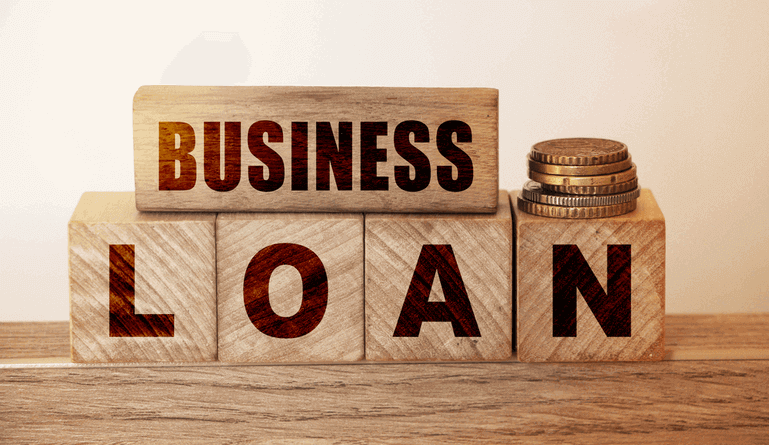What Are Different Types Of Small Business Loans - Bryant Business
Starting or expanding a small business is an exciting journey, but it often requires capital that you may not have on hand. Fortunately, various types of small business loans can provide the financial support you need. Understanding the options available can help you make an informed decision that aligns with your business goals and financial situation. Here are some of the most common types of small business loans:

Want To Apply For A Small Business Loan?
Fill in your info to see if you are pre-approved for a loan offer.
This will not pull your credit, this determines if you are eligible for a loan offer based on our qualifications. If you are pre-approved you will be asked to finish your loan application (takes about 5 minutes).
Sign up to our newsletter
With us, qualification is easy! Do you qualify?
Time In Business
We are looking for businesses that have been open 4+ months.
Sales Volume
You will need at least $10k in monthly sales.
Low Credit Score Is Okay
We don't require perfect credit, you just need a 500+ FICO score.
Business Location
As long as your business is located in the U.S. or Canada, we can help.
Benefits of Choosing Bryant Business Loans
We are the most competitive because we work with every reputable lending source. Many online lenders will provide an over-abundance of options that you must sift through. At BBL we believe that you shouldn't have to do all of the heavy lifting; when you apply for a loan we assign you a funding expert to help you obtain the best funding option for your business.
| Features | |
|---|---|
| ✓ Easily Access Up To $2m | ✓ Customized Terms of 3-24 Months |
| ✓ No Collateral Required | ✓ Fixed Payments That Blend In To Your Cash Flow |
| ✓ Approve To Fund In As Little As 24 Hours | ✓ Simple Presentation Of The Cost Of The Loan |




